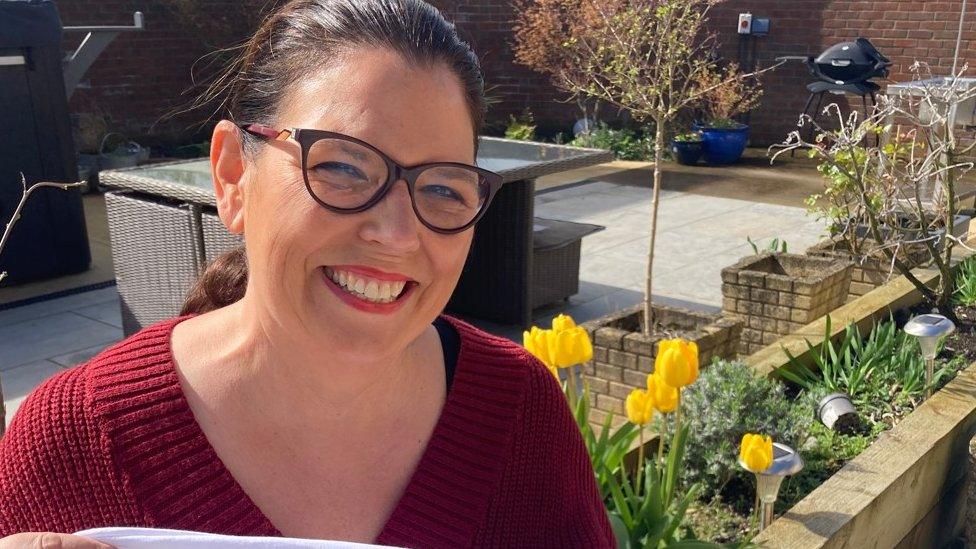Stem cell donor saves life after festival sign-up
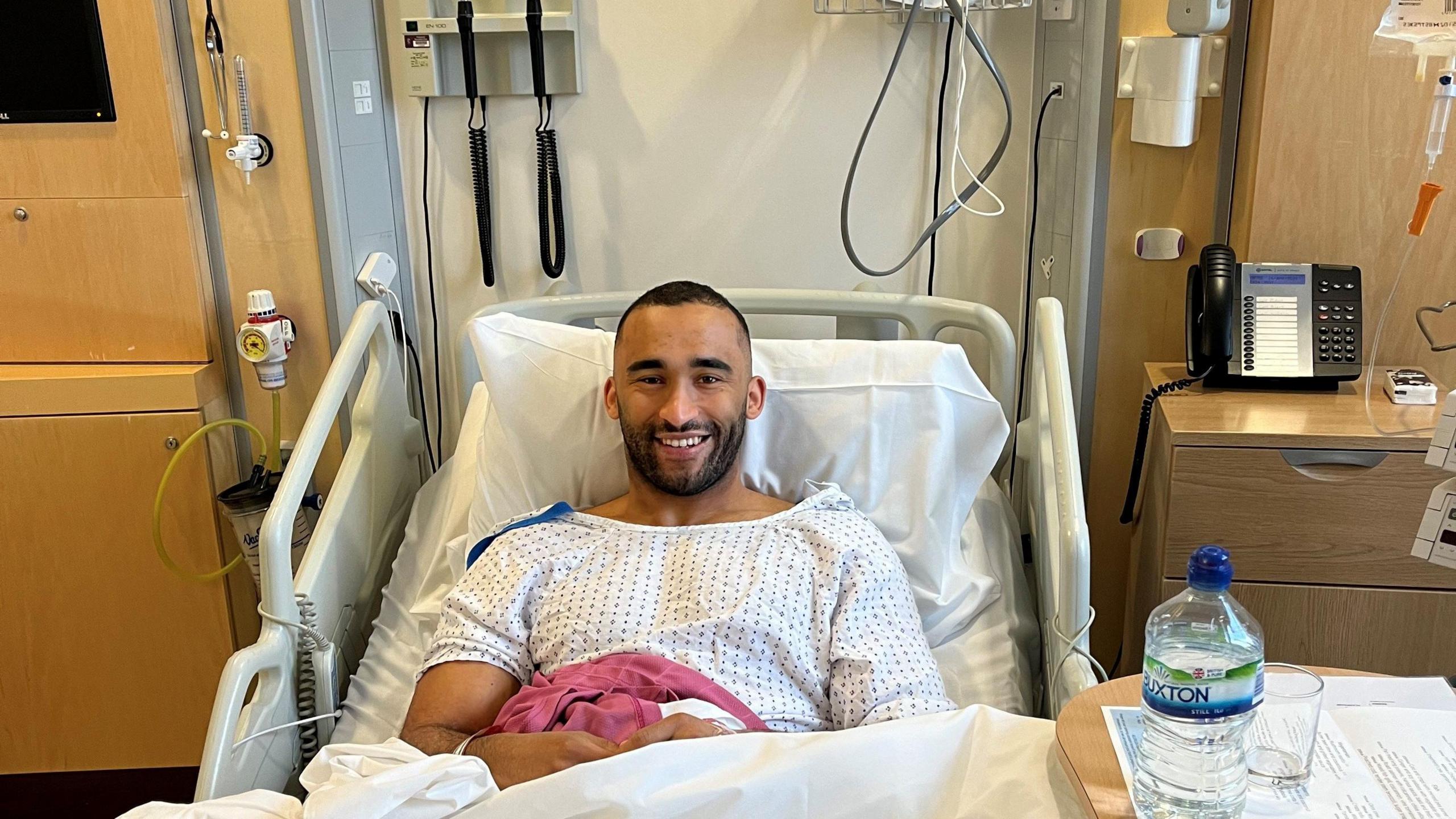
Alex is from a dual heritage background, which is under-represented on the stem cell register
- Published
Could you imagine offering a stranger a second chance at life? That is what Alex Reeves from Cirencester did when he signed up to a stem cell register at a festival in August.
Mr Reeves was with five friends when they came across the DKMS bone marrow donor stall at Phoenix Festival in Cirencester's Abbey Grounds. After chatting to a volunteer to find out more, the group all signed up and a mouth swab was carried out "then and there".
Three months later, Mr Reeves, 24, was confirmed as a match for a young patient in the US and donated the stem cells that saved her life.
He told BBC Radio Gloucestershire: "They're probably not a dissimilar age to myself and it feels great to help someone who should have more life ahead of them."
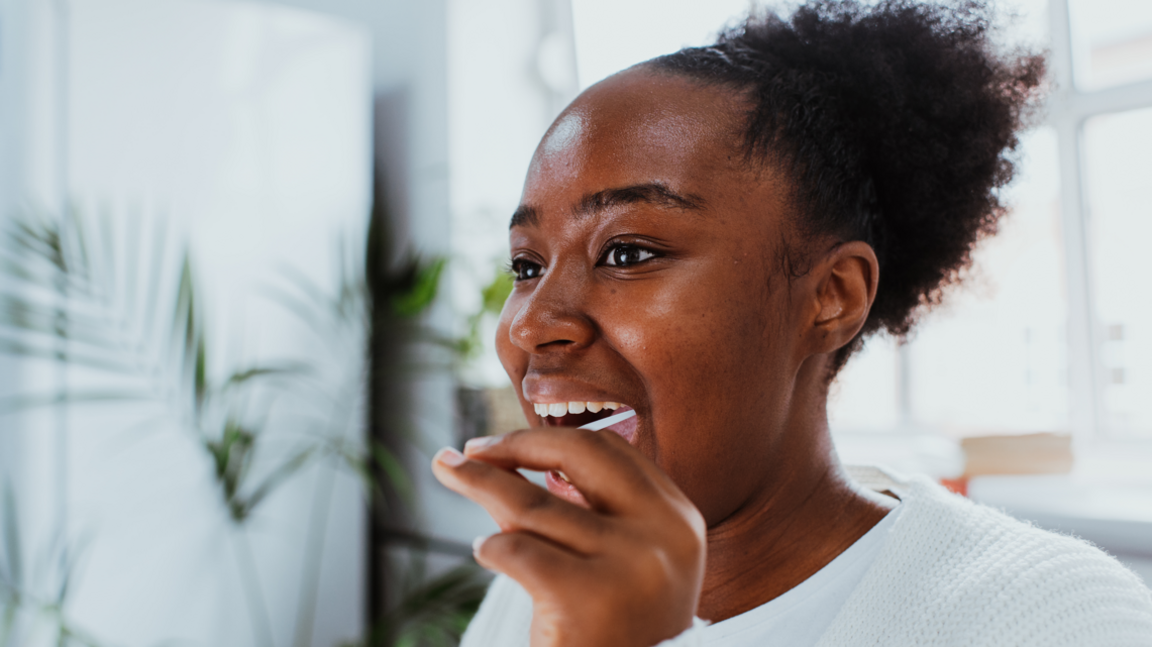
The NHS states that someone in the UK is diagnosed with blood cancer every 14 minutes
Mr Reeves, who works in recruitment, said he was excited to get the call from the charity telling him he was a potential match for a patient.
His father is Ghanaian and people from dual heritage backgrounds are under-represented on the stem cell register, meaning patients have to wait longer for a compatible stem cell match, by which time it can be too late.
Mr Reeves said: "I think maybe the reason that I got the call so quickly after signing up is because we need more people from my background on the register."
A blood test and medical checks followed, to confirm he was a match.
He also underwent a week of special G-CSF (Granulocyte Colony-Stimulating Factor) injections to prepare his body to donate.
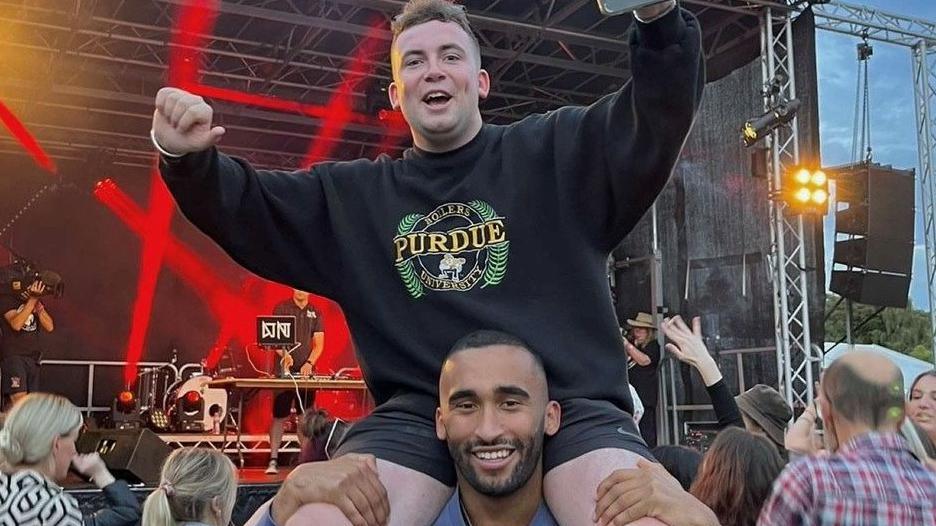
Alex Reeves signed up to the DKMS stem cell register at a festival in August
The vast majority of stem cell donations are made through an outpatient procedure similar to giving blood, however, in about 10% of cases, due to the needs of the recipient, a donor’s bone marrow is extracted.
"I was asked to donate via bone marrow," Mr Reeves said.
"I was a bit worried but everyone at DKMS was very supportive and explained the process.
"I was more interested in helping someone than my nerves," he added.
Mr Reeves was back on his feet within a day.
'Chain of hope'
The NHS states, external that someone in the UK is diagnosed with blood cancer every 14 minutes.
DKMS, founded in Germany in 1991, holds the UK’s largest register of stem cell donors, and said there is an urgent need for more people to sign up.
DKMS says it has 12 million donors registered worldwide, external and anyone aged 17-55 who is in good health can join.
Strict regulations protecting the anonymity of donors and recipients immediately following a donation means Mr Reeves only knows that his stem cells went to a woman in her 20s in the US.
He said that in two years he hopes to be able to opt-in to exchange his contact details with her and, if both of them are happy, they will be put in contact.
DKMS communications manager Deborah Hyde told the BBC being on the stem cell register was a "chain of hope for people around the world".
DKMS stem cells are used in 42 countries so far.
"There are so many things in the world that we can't change," Ms Hyde said.
"But just the fact that you're on the register gives hope to people to find a match."
The World Blood Cancer Day is on 28 May this year.
Follow BBC Gloucestershire on Facebook, external, X, external and Instagram, external. Send your story ideas to us on email or via WhatsApp on 0800 313 4630.
Related topics
- Published20 December 2022
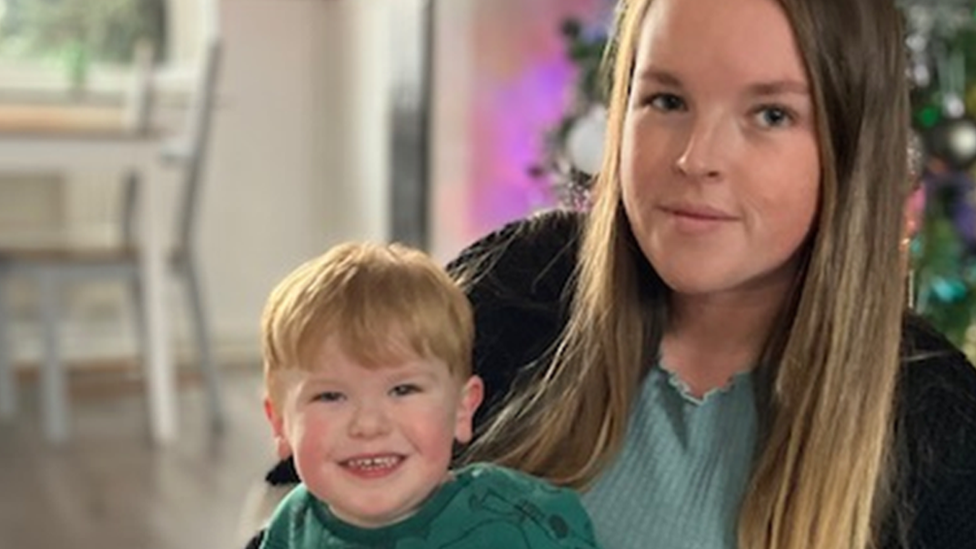
- Published19 February 2024
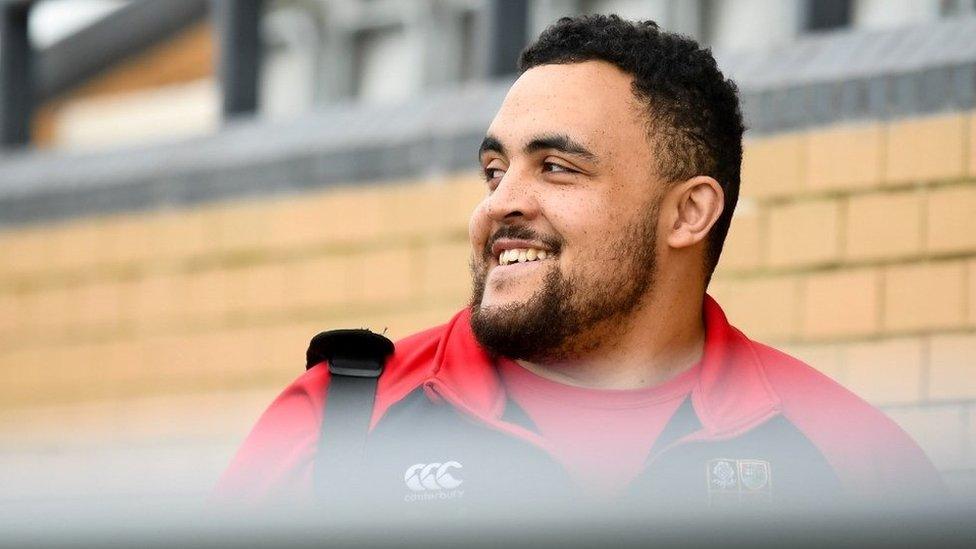
- Published7 April 2024
